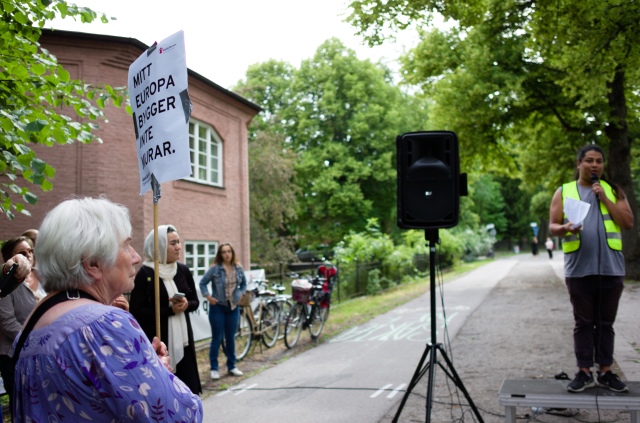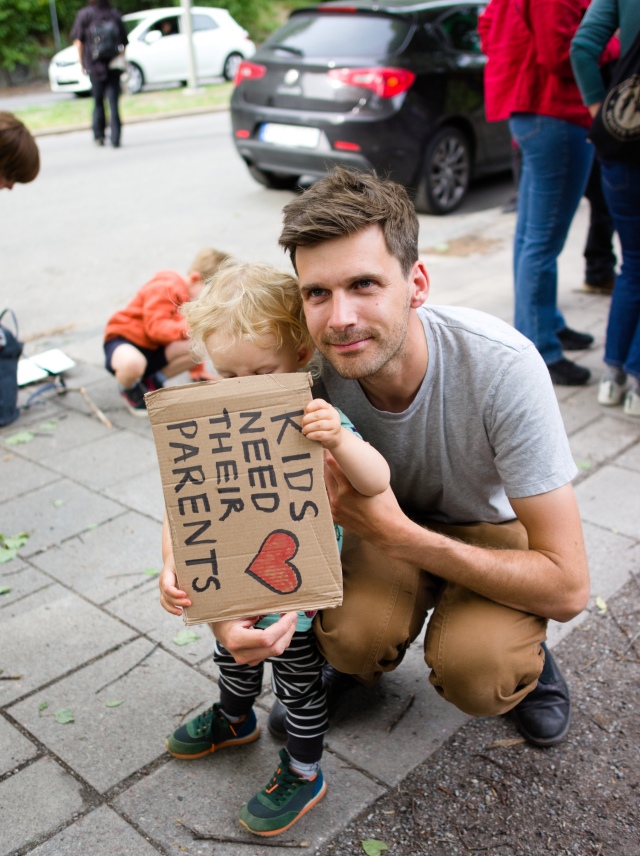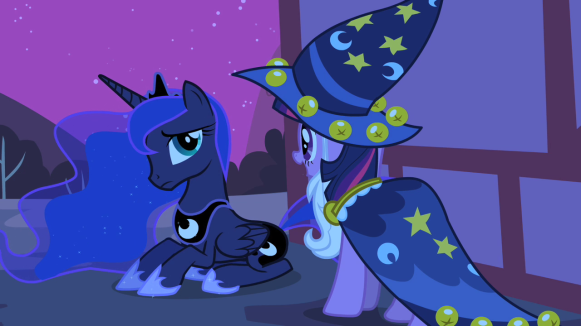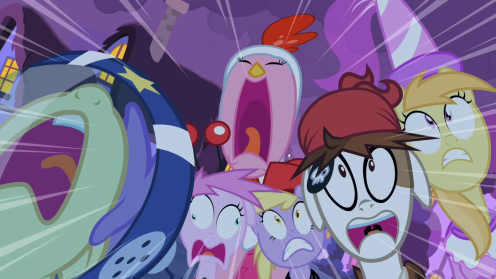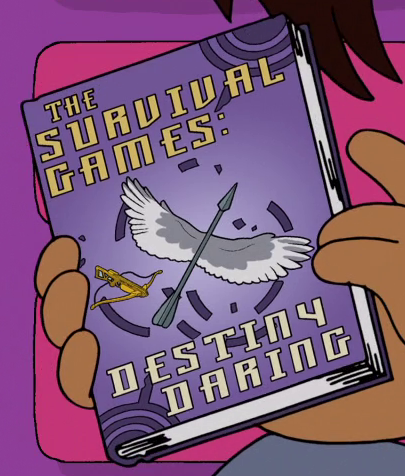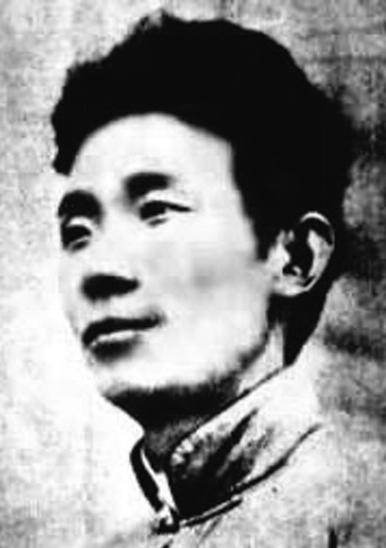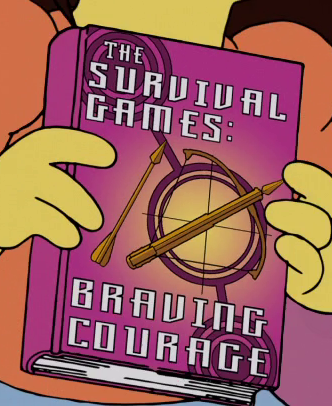2017 is already half way through. A lot has happened this year; There´s been marching for Science and Women´s rights. Wonder Woman finally got her own live action movie. The Midterm election 2018 in the US is coming up. And the UK begins the stumble out of the EU with seemingly no plan. Since a little over a year has gone by, it seems like a good time to share some great books that are yearned to be discovered already this year.
1. ”Inexcusable” by Chris Lynch: This 2005 young adult novel centers on a teenage boy named Keir, who considers himself a proper, honest guy. The book starts with Keir arguing with a girl named Gigi, who accuses Keir of raping her, which Keir considers impossible, due to his (according to him) good nature and due to the fact that he loves Gigi. Thus Keir decides to set the record straight.
The chapters alternate between the present and the past with the voice of Keir narrating the kaleidoscope of temporal slices. His story is comprised of misbegotten attempts to explain his reputation, his actions and emphasizes his own wounded state. The language and tone of the narration is distinctive and memorable. Lycnh uses the trope of the unreliable narrator to raise questions of self-image, consent, violence and masculinity. While following Keir´s story, the book tackles and deconstructs ideals and norms regarding ”good guys”, abusers and how both are viewed in society. ”Inexcusable” tells us something that our black and white, victim-blaming society often neglects: that rape and sexual assault occurs much more frequently than we would like to admit, and is committed by what the social order wants only to dismiss as the ordinary behavior of men and boys. This book is perfect for lovers of unreliable narrators or for those interested in the issue of toxic masculinity. A brave book, with an also twisty narration to make for a great reading experience.

2. ”Signs Preceding the End of the world” (2015) by Yuri Herrera: This slim volume of a novel is about Makina, a tough girl living in a crime-filled small town in Mexico. The book opens with Makina getting a request from her mother; that she go find her brother who migrated to the US and who dropped out of contact with the family thereafter. Makina embarks on her quest crossing the US/Mexican border without papers, encountering the world of the tentative and shadowy, a world where the immigrants face many dangers and strange characters.
”Signs preceding the end of the world” tackles immigration and borders from a surrealistic, dark view. Makina throughout the book shows a strong, rough side and brutally defends herself against the many trails of racism, sexism and the place of the invisible other. Along her journey to find her brother Makina places herself as a handmaiden of help to many of the numerous people she encounters on her quest (including, even those who have shown her evil both ethically and sexually) and takes from even her meager and slight actions and possessions to be generous to all she encounters in her travels. Makina is a rare type of female character one encounters not often in standard literature or as protagonist in our normative culture: a tough, fiercely independent person who doesn´t let her independence make her indifferent to others around her. Makina is meant as a protagonist outside of the self- centeredness of our individually based culture who embodies a genuinely nice person who is simultaneously steadfast and believes in herself while not taking from others. With Makina as the pivot of this optimism of the possibility of social responsibility, the book shows how much violence, hatred and despair immigrants crossing borders have to endure and makes us wonder at the uselessness of this suffering.

Not ignored in the text is the disconnection and separation that families experience by the growing machinations of neoliberal inequality which pressure the migrations while instigating nationalist crowds to blame the migrant community for problems created by this. Makina´s narration shows the gap created in social and income instability between her brother and the rest of the family, as well as high lights what the actual face global income inequality looks like in the midst of a community it raptures. The book packs a great punch despite it´s size.
The author, Yuri Herrera, lives in the US, writes in Spanish, and was born in Mexico, making this book somewhat #ownvoices.
3. ”El Deafo” (2014) by Cece Bell: This is a middle grade graphic memoir on how Ms. Bell at the age of four lost her hearing, leading to her needing the help of a hearing aid. The memoir follows her struggles with fitting in, being insecure about her hearing aid, learning to read lips, and navigating friendships and crushes. At the same time these many insecurities and upheavals that are occurring in her young life, Cece envisions herself as a superhero with the codename El Deafo, to help her cope with the slew and chaos of the difficult times of her adjustments.
Cece Bell wrote and illustrated this book herself, giving the text and graphics a lighthearted yet serious tone similar to graphic memoirs such as Raina Telgemeier´s”Smile”. The book tackles the difficulties of dealing with condescension, the feelings of the heightened obviousness of her different ableness in the device of the aid, and how small things like watching tv changes drastically due to her new hearing parameters. At the same time, while navigating this specific course laid upon her in the developments with her hearing, young Cece deals with problems many will recognize from their own childhood, like the painful PE classes we were forced to endure.
”El Deafo” is able to navigate the pain of finding friends and of learning to accept oneself, all while using ones imagination to empower oneself. A heartwarming, as well as educational read.

As mentioned, this is a memoir, and therefore has #ownvoices deaf representation.
4. ”Wayward Women: Sexuality and Agency in a New Guinea Society” (2006) by Holly Wardlow: This is a book I started reading for a class I took last year, but found interesting enough to continue afterwards. The book is a non-fiction anthropology text about an ethnic group called the Huli in Papua New Guinea. The book is a little over ten years old, so some facts may have changed, but nonetheless the book felt both exceedingly fresh, and very insightful. Wardlow spent years in the Huli areas in Papua New Guinea and her fieldwork concentrated primarily on the women of the Huli group. ”Wayward Women” discusses in particular female sexuality among Huli women, and half of the book solely discusses the women among the Huli who become prostitutes, or ”Passenger women”. While most non-fiction out there focuses on how sex work is done in desperation to earn money, or how sex work is something forced on the women, this book deals with women who choose to sell sex not because of money, but often, in many cases in the Huli group; out of a means of revenge against family injustices they have endured (often it involves rape). Wayward shows all the complexities in the Huli gendered discourse, never taking an easy answer to what she describes in her study.
An absolutely fascinating account.

5. ”Exilens Dilemma” (2015) by Razak Aboud: This very petite volume of poems is unfortunately only available in Swedish, but the title means ”The Exiles Dilemma”. The poems discuss just this, the aftermath of escaping and seeking asylum. The issues masterfully explored in this slim text of poems include not only the social stresses of the exiled but the continually incurring loneliness, confusion, trauma and the separations of the migrant experience. The opening poem describes a narrators search for ”the sun of freedom”, but ends up washing dishes and not seeing any sun at all after coming to a new country. Other poems which leap from the pages with devastating emotion include an immigrant confronting a Christmas which chrysalises the feeling of emptiness and ostracization caused by both his loss of youth and home; and another gripping poetic narration when a doctor visit excavates the deadly past into the banal present of a health examination including the necessary medical enquirers “did they beat you and where?” and ”were you raped?”. The poems are exceedingly sad, yet beautiful in their crafting. The themes confronted in the power of the words are dealt with in grace, honesty, without fear. Each poem is devised as a small story that deals openly with the hopelessness of feelings confronting the refugee, the overwhelming of feelings which are packed with the chaotic attitudes that refugees meet; how they are often either invisible looked upon as deficient cultural beings, or perceived as a threat to the social. Especially poignant in the series is the somber feeling of being unseen in the midst of your fellow humans which runs decisively through the thread of the texts and exposes a melancholy feel even to those without any relatable experience to the plight of the exile.
A small volume worth the time for all.

The author, Razak Aboud, has stated that these poems are based on his own experiences, making this #ownvoices for refugee/immigrant representation. He also writes in Arabic at times alongside Swedish.
6. ”There are more beautiful things than Beyoncé “ (2017) by Morgan Parker: This collection of poems has been getting a lot of buzz, and for no small reason! Mark my words, these poems will completely blow you away.
Morgan Parker is a relatively new voice in the literary world, making her debut in 2015 with ”Other Peoples Comfort Keep Me Up at Night”. ”There are more beautiful things than Beyoncé” is her second collection which Parker worked five years on. The title is taken from a saying inside the younger black community which Parker elaborating on the icon of Beyoncé as a representation of the myriad of double standards and struggles black American Women face in today’s society. Using Beyoncé as well as Jay Z, Nelly, and Earth Wind & Fire as referents Parker delves into the social power of the imaginary of pop culture to discuss issues of oppression and living in a myriad of specific social communities; Black, white, male, female, and where they diverge and intersect. In the poem ”99 Problems” Parker references Jay Z´s most quoted song to list actual 99 problems, which range from dating, oppression’s, drinking too much, being sexually pressured, and the very notion of a Black woman ”being strong”. In the poem ”What Beyoncé won´t say on a shrink´s couch” the narrator despairs that she is unseen (and unheard) when she says she´s tired. In her invisibility to asking for recognition of humanity she laments in song. In Parkers text ”All they want is my money my pussy my blood” a last gasp to point out the crisis she cries: ”I don´t mean YOLO I mean they are hunting me”.
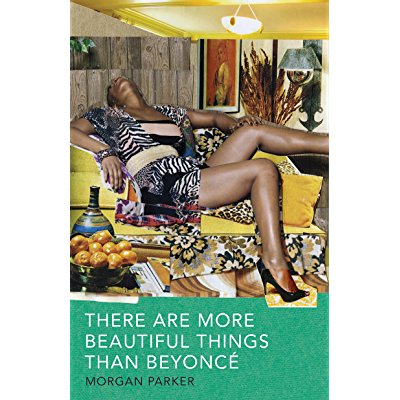
The unseen theme of the black voice and life (#BlackLivesMatter) is also devastatingly exposed to in the poem ”The president has never said the word black”, in which Parker critiques former president Barack Obama for the silences he (even) occulted the Black with in order to be heard by the white. Strong and painful to even the hand that writes it this poem, the short text here captures the binds that exist inside politics and race.
Parker´s poems discuss both the beauty and pain of black womanhood, with poems that are as eye opening as they are alluring. The collection details the daily despair, fear, exhaustion, and power of being black and female while cautiously navigating a world that selects to objectify and hurt you. Yet still in the forest of the words the poems also have a wry, witty sense of humor, and an uplifting message that black women are, in fact, more beautiful than anyone can imagine.

For people just getting into poetry, as well as being newbies to Black feminism, this collection is a must. Naturally, this book is also #ownvoices.
So those are some real good books read this year so far. What about you readers, what have you loved this year book wise?
